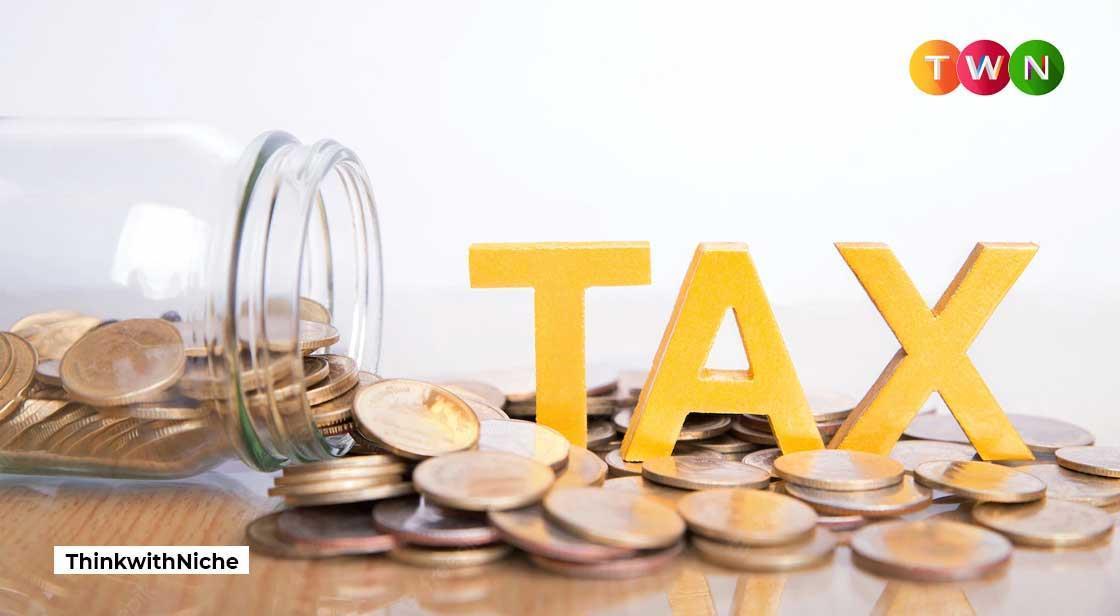New Income Tax Slabs & TDS Reforms from April 1: Key Changes You Must Know

News Synopsis
The Union Budget 2025 has introduced significant tax reforms aimed at benefiting middle-class taxpayers and promoting economic growth. Finance Minister Nirmala Sitharaman announced revised tax slabs, increased rebates, higher TDS limits, and relaxed tax filing deadlines.
These new rules will be effective from April 1, 2025, marking the beginning of the new financial year.
Revised Tax Slabs for the New Tax Regime
The government has made a major shift in the income tax structure under the new regime. One of the biggest reliefs is for individuals earning up to Rs 12 lakh annually, as they will now pay zero tax due to enhanced rebates.
New Income Tax Slabs (Applicable from April 1, 2025):
-
Up to Rs 4 lakh: No tax
-
Rs 4 lakh to Rs 8 lakh: 5% tax
-
Rs 8 lakh to Rs 12 lakh: 10% tax
-
Rs 12 lakh to Rs 16 lakh: 15% tax
-
Rs 16 lakh to Rs 20 lakh: 20% tax
-
Rs 20 lakh to Rs 24 lakh: 25% tax
-
Above Rs 24 lakh: 30% tax
Additional Benefits:
-
Standard Deduction: Salaried individuals will now receive a higher standard deduction of Rs 75,000, reducing their taxable income significantly.
-
New Regime Only: These changes will apply only to those who opt for the new tax regime. The old tax regime remains unchanged.
Enhanced Tax Rebate under Section 87A
One of the most notable changes is the increase in tax rebate under Section 87A.
-
Revised Rebate Limit: The rebate amount has been raised from Rs 25,000 to Rs 60,000, effectively making income up to Rs 12 lakh tax-free under the new tax regime.
-
Middle-Class Relief: This increase widens the tax-free income bracket, providing significant relief to the salaried and middle-class taxpayers.
Key Changes in TDS & Rent Income Taxation
The government has also introduced TDS reforms to ease financial burdens, especially for senior citizens and rental income earners.
Updated TDS Rules:
-
Higher TDS Limit for Senior Citizens: The TDS exemption limit for senior citizens has been doubled to Rs 1 lakh. This means fewer deductions on their earnings, improving liquidity.
-
Relief for Rent Income Earners: The tax rebate on rental income has been increased to Rs 6 lakh, offering benefits to landlords, particularly in urban regions where rental earnings are higher.
Extended ITR-U Filing Deadline for Taxpayers
In a move to simplify tax compliance, the government has extended the deadline for filing updated tax returns (ITR-U).
-
New Deadline: The filing time for updated ITRs has been extended from 12 months to 48 months.
-
Penalty Reduction: This change will allow taxpayers to correct errors or omissions without facing excessive penalties.
Boost for Startups: 100% Tax Rebate
To promote entrepreneurship and innovation, the government has extended tax incentives for startups.
-
100% Tax Rebate: Startups incorporated before April 1, 2030, will receive a full tax rebate for the first three years within a ten-year period.
-
Encouraging Growth: This policy aims to nurture the startup ecosystem, encouraging more businesses to flourish without tax burdens in their initial years.
What These Changes Mean for Taxpayers?
-
Middle-class salaried individuals benefit the most, with a higher tax-free income limit of Rs 12 lakh.
-
Senior citizens enjoy more liquidity, thanks to higher TDS exemptions.
-
Homeowners earning rental income get tax relief, with a rebate on rental earnings up to Rs 6 lakh.
-
Startups receive extended tax incentives, making it easier to grow businesses.
-
Taxpayers get more time for compliance, as ITR-U filing deadlines are relaxed.
These proposed tax reforms for FY 2025-26 reflect the government’s commitment to a simplified tax regime, increased disposable income, and economic growth. The changes are expected to benefit millions of taxpayers and encourage compliance.
You May Like









